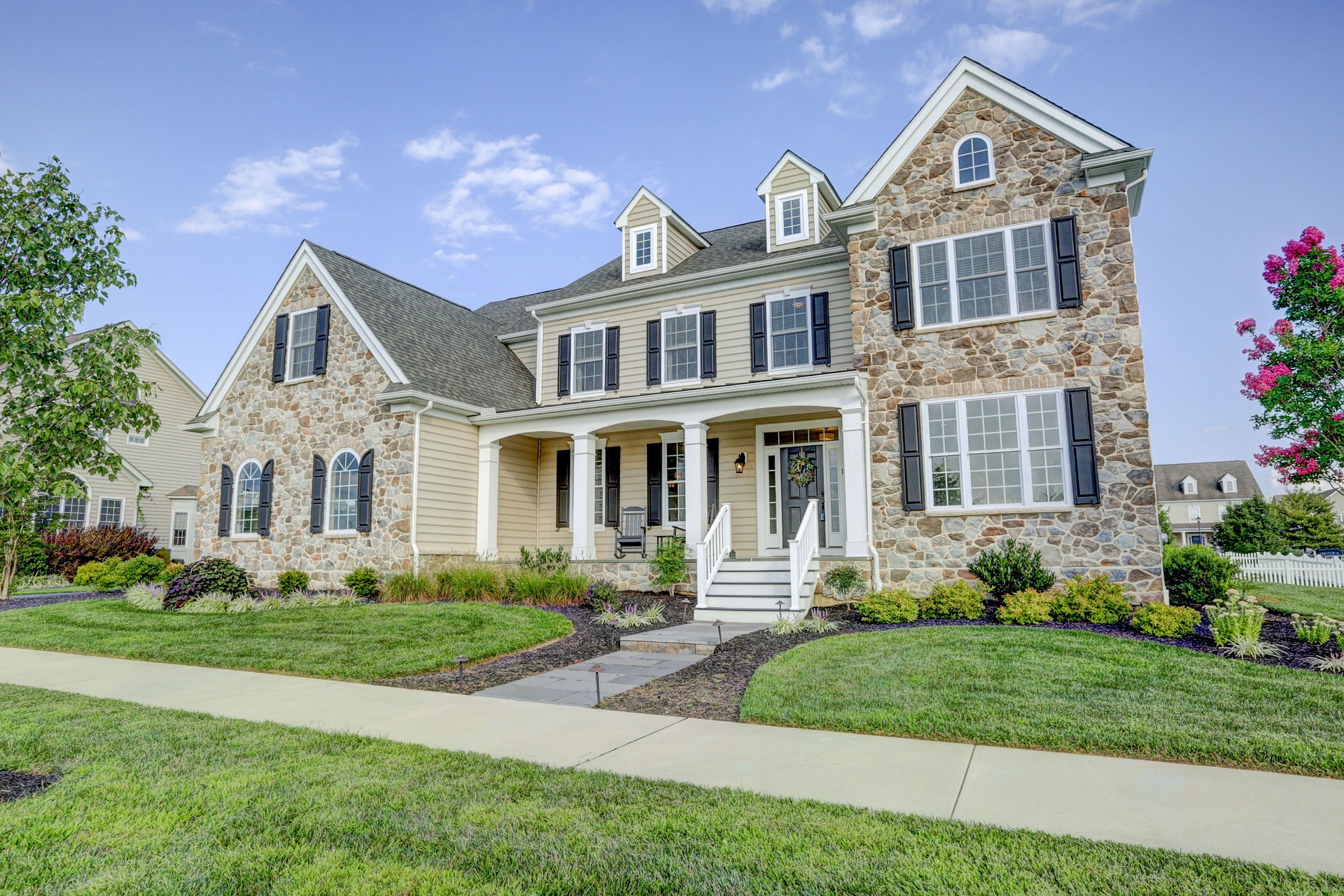How Home Value Is Determined: Complete Homeowner Guide
Discover what determines your home's value and how to protect and grow your property's worth. This comprehensive guide explains appraisal methods, the impact of renovations, market forces like interest rates and local development, and the costs of professional valuations. Learn which upgrades deliver the best return, why neighborhood context matters, and how to use appraisals, CMAs, and online tools to make smarter buying, selling, or refinancing decisions.

Determining a property’s worth affects decisions from selling and refinancing to tax planning and renovation priorities. Understanding what drives home value — from the improvements you choose to broader market trends — helps homeowners and buyers make informed, strategic choices that protect and enhance their investment.
Which Home Improvements Deliver the Biggest Returns?
Not all upgrades boost resale value equally. Remodels to kitchens and bathrooms tend to produce the strongest returns, commonly recouping roughly 60–80% of the renovation cost in added market value. Practical upgrades that improve efficiency and comfort — such as energy-efficient windows, modern HVAC systems, and enhanced insulation — also appeal to buyers and can reduce operating costs, which is attractive in listings.
Curb appeal matters: simple landscaping, fresh exterior paint, and an inviting entryway can raise perceived value without massive expense. Conversely, highly specialized or luxury additions — for example, an elaborate in-ground pool or ultra-high-end, custom finishes — may not attract a broad pool of buyers and sometimes fail to deliver proportional returns. A useful rule is to align improvements with local market standards so you don’t over-improve relative to comparable homes in your neighborhood.
How Professionals Assess Property Value
Valuation experts typically rely on three established approaches.
-
Sales comparison approach: The most common method for residential properties, it compares your home to recently sold, similar properties in the area. Adjustments are made for differences in size, condition, location, and features.
-
Cost approach: This calculates the replacement cost of the structure minus depreciation, then adds the land value. It’s helpful for new or unique properties where comparable sales are scarce.
-
Income approach: Primarily used for rental and investment properties, this method estimates value based on expected income (rent), expenses, and capitalization rates.
Licensed appraisers combine these approaches as appropriate and factor in unique characteristics of a property. For most single-family home valuations, the sales comparison approach carries the most weight, but appraisers will use cost or income methods when they’re more suitable.
External Forces That Shape Home Values
Macro and local factors both influence property values. Interest rates dictate borrower affordability; when rates rise, buyers may be priced out or offer less, which can dampen prices. Local economic health — employment levels, major employers expanding or contracting, and wage trends — affects demand within a local market.
Municipal decisions and development also play a role. Zoning changes, new commercial or residential projects, and improvements to infrastructure (roads, transit, schools) can raise neighborhood desirability. On the other hand, new developments inconsistent with existing character or increases in traffic can reduce appeal.
Environmental and natural risks are increasingly important. Properties in areas prone to flooding, wildfires, or other climate-related hazards may suffer reduced demand or higher insurance costs, which can lower market value. Buyers and appraisers are paying more attention to these long-term risk factors.
Professional Valuation Options, Costs, and Timelines
When precision matters — for a mortgage, sale, or legal purpose — professionals provide the most reliable valuations. Typical costs and timelines vary by method and provider. Licensed appraisals for a standard single-family home often run between $300 and $600 and usually take a few days to about a week to complete, depending on complexity and local demand. Real estate agents frequently provide Comparative Market Analyses (CMAs) at little or no charge and can deliver quick estimates to help with pricing strategy.
Below is a concise comparison of common valuation services and typical costs:
| Valuation Method | Provider Type | Average Cost | Typical Timeline |
|---|---|---|---|
| Full Appraisal | Licensed Appraiser | $300-$600 | 3-7 days |
| Comparative Market Analysis | Real Estate Agent | Often Free | 1-3 days |
| Online Valuation Tool | Digital Platform | Free-$25 | Instant |
| Broker Price Opinion | Licensed Broker | $100-$200 | 2-5 days |
Prices, rates, or cost estimates mentioned in this article are based on the latest available information but may change over time. Independent research is advised before making financial decisions.
Practical Steps for Homeowners and Buyers
Regularly monitoring your home’s estimated value helps time renovations, refinancing, and sales more effectively. Start by tracking comparable sales and neighborhood trends, and use online valuation tools for quick checks — but treat those as ballpark figures. When you need accuracy, order a licensed appraisal or ask an agent for a CMA.
If planning improvements, prioritize projects that increase functionality and broaden appeal: update kitchens and bathrooms, invest in energy-efficient systems, and improve curb appeal. Avoid over-investing in upgrades that exceed neighborhood benchmarks or cater to a very narrow buyer profile.
Finally, be mindful of the local economic backdrop and any planned municipal projects. Stay informed about zoning proposals, new developments, and climate risk assessments that could influence your property’s desirability and long-term value.
Regular evaluation, thoughtful upgrades, and the right mix of professional input will help you preserve and increase your home’s worth over time. Whether you’re preparing to sell, refinance, or simply protect your investment, understanding the mechanics of property valuation puts you in control of smarter real estate choices.






